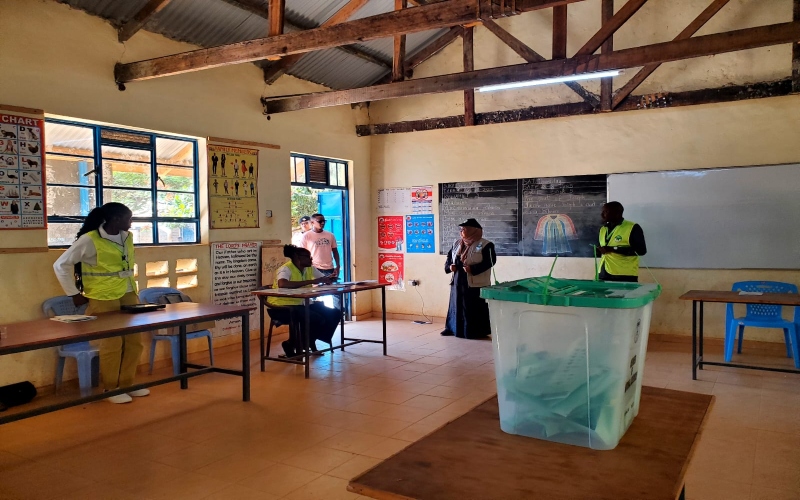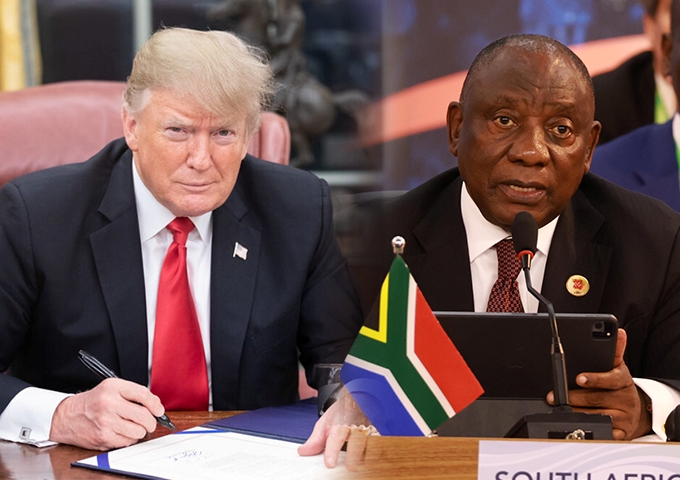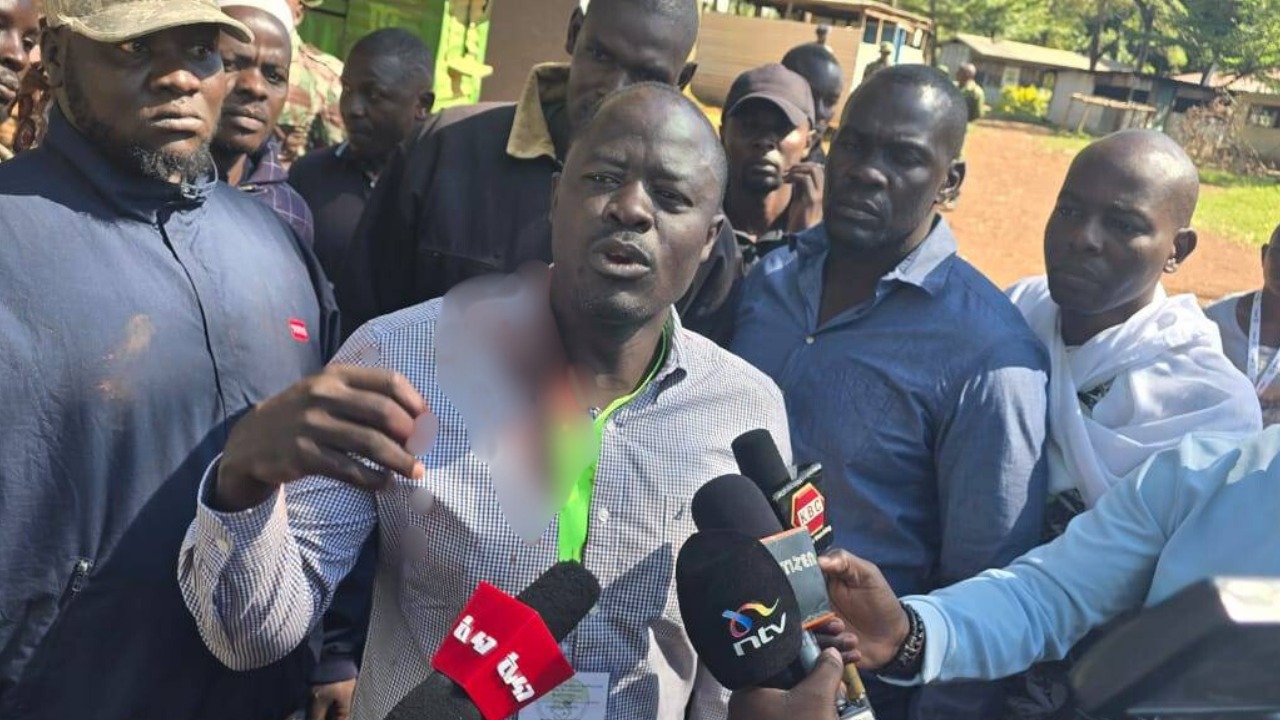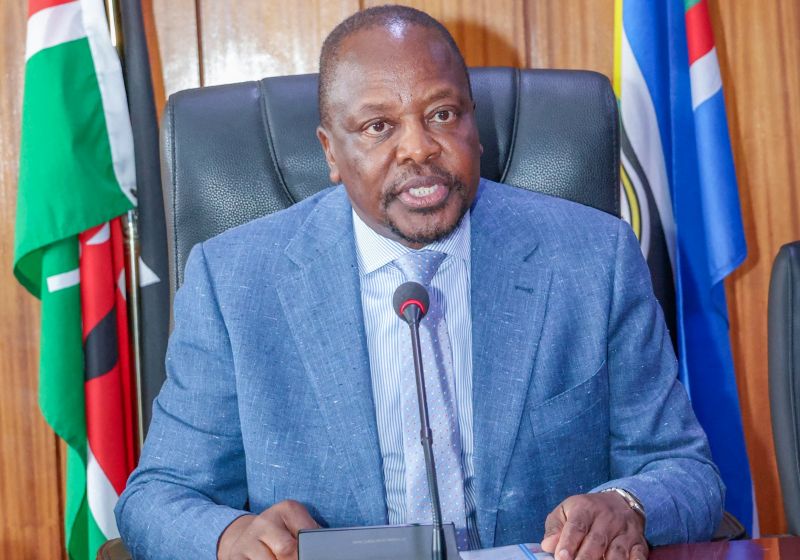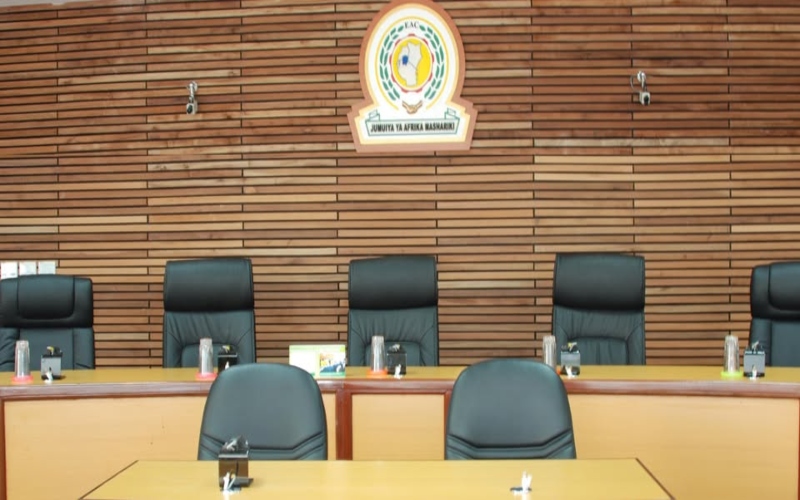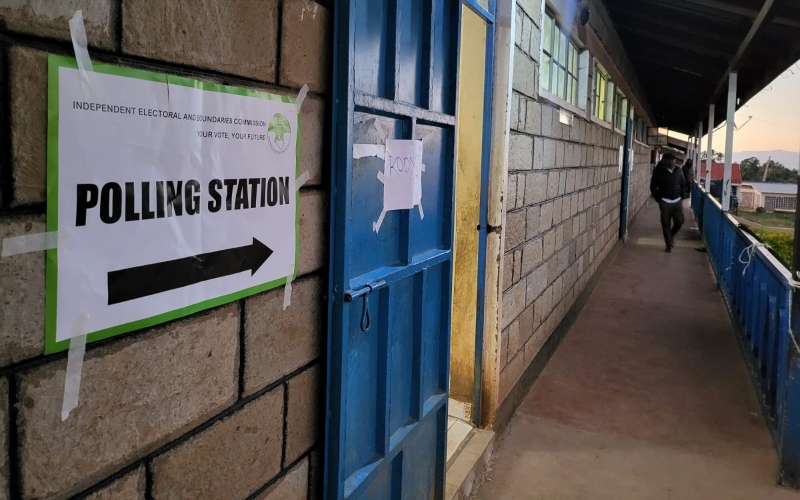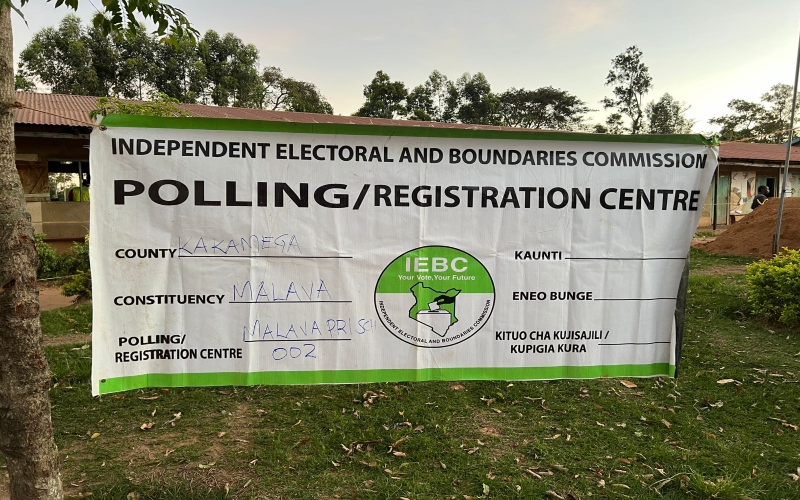New Bill proposes sweeping powers for EACC to probe corruption
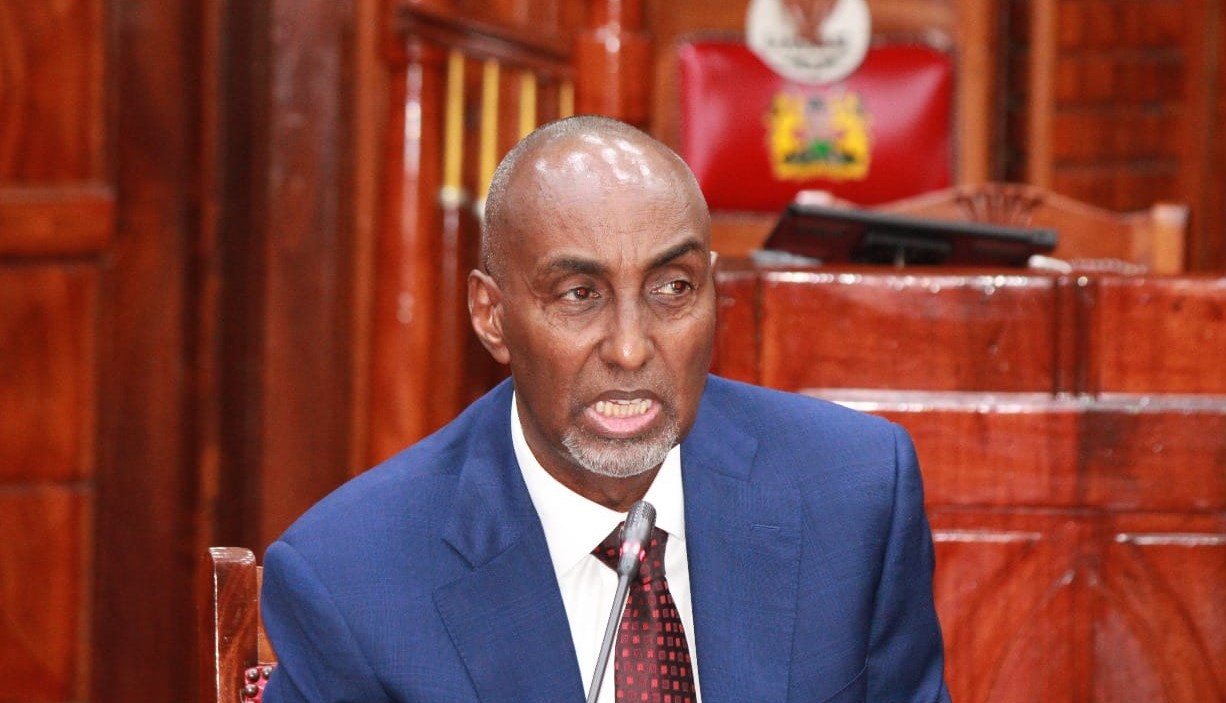
The proposed bill proposes granting the EACC power to, “investigate bank accounts, accounts held in non-banking financial institutions, mobile money accounts or call data” during corruption investigations.
A corruption suspect may soon be compelled to provide details of their bank accounts, mobile money transactions, and call data if a proposed amendment to anti-corruption laws is passed.
The Anti-Corruption Laws (Amendment) Bill, 2025, sponsored by Attorney General Dorcas Oduor, seeks to expand the Ethics and Anti-Corruption Commission’s (EACC) investigative authority.
More To Read
- Illegally grabbed Mombasa land to host affordable housing units after EACC recovery
- Only 12 of 58 EACC corruption cases cleared for prosecution by DPP over three-month period
- Outgoing NCIC faces scrutiny over last-minute recruitment of 22 staff
- Public officers face Sh4 million fine or 10-year jail term for missing asset declarations
- EACC flags organised corruption in traffic department, Police IG vows action
- Audit reveals 200,000 police officer shortfall amid rising security demands
The proposed bill inserts new provisions into the Anti-Corruption and Economic Crimes Act, granting the EACC power to, “investigate bank accounts, accounts held in non-banking financial institutions, mobile money accounts or call data” during corruption investigations.
The authority, according to the bill, will be exercised with a warrant issued by a court.
Additionally, the commission may “require the production of statements, records, account opening documents, transaction documents, mandate cards, banker’s books, and any other information relevant to the investigation.”
The bill also provides for freezing funds in specified accounts for up to 30 days as investigations proceed.
AG Oduor stated that the amendments aim to bolster the fight against corruption by empowering the EACC and ensuring accountability in procurement and financial transparency.
The bill also introduces provisions for the recovery of proceeds of corruption.
Section 54A grants the EACC authority to apply to the High Court for orders to recover property acquired through corruption or demand compensation payments.
The section specifies that, “in any proceedings under this section, any report, record or document from a public office, or any banker’s book or document obtained from a financial institution… shall, unless there is sufficient cause to the contrary, be admissible as evidence.”
Non-compliance with the new provisions will attract penalties, including a fine of up to Sh300,000 or imprisonment for a term not exceeding three years, or both.
The bill also proposes that the Director of Public Prosecutions (DPP) must prepare quarterly reports detailing the number of cases referred by the EACC, prosecutions completed, and their outcomes.
Section 36A states: “Where the Director of Public Prosecutions does not initiate prosecution after receiving a report from the Commission, the Director shall specify the reasons thereof.” These reports will be published in the Gazette and submitted to the National Assembly within ten days after the end of each quarter.
Further amendments include stricter penalties for procurement-related offences.
Section 48A stipulates: “A person, including a body corporate or an unincorporated body, that is convicted of an offence under this Act relating to procurement shall, in addition to any other penalty prescribed under this Act or any other written law, be debarred for a period of ten years.”
Members of the public have been invited to comment on the draft Bill, which aims to amend multiple anti-corruption laws, including the Ethics and Anti-Corruption Commission Act, the Anti-Corruption and Economic Crimes Act, and the Leadership and Integrity Act.
The Office of the Attorney General and Department of Justice has made the draft Bill accessible online via the State Law Office website, and stakeholders are encouraged to submit their written feedback by February 14, 2025.
Contributions may be emailed to [email protected] or sent to the Solicitor General at P.O. Box 40112-00100, Nairobi.
Physical submissions can also be delivered to the Office of the Attorney General at Co-operative Bank House, Haile Selassie Avenue, 10th Floor, Room 1014, Nairobi.
The AG maintained that the public consultation process is in line with Article 10(2) of the Constitution, which highlights the importance of public participation in governance matters.
Top Stories Today
